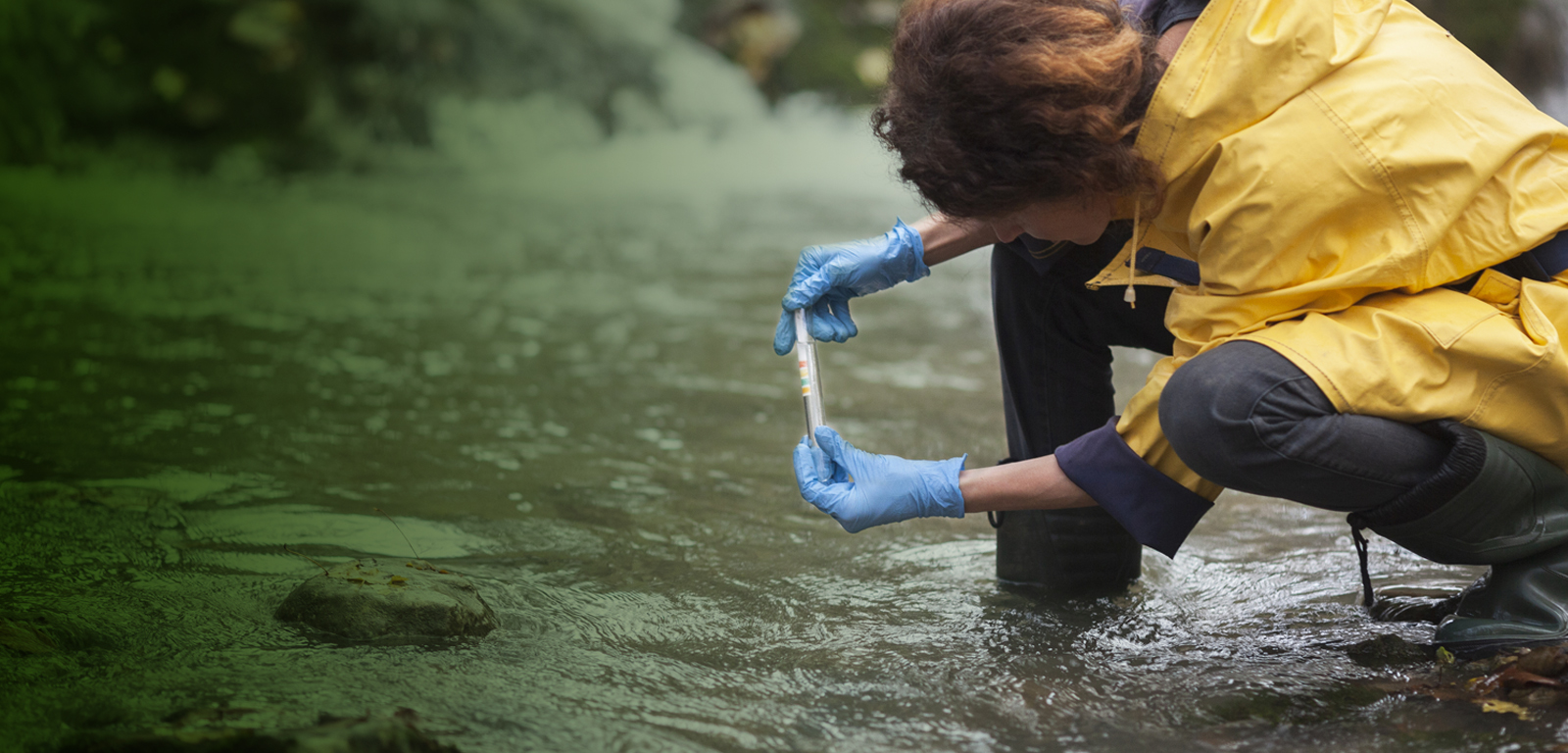Subject
Carbon, Nutrient, Greenhouse dynamics in marine ecosystems & Geological oceanography
General details of the subject
- Mode
- Face-to-face degree course
- Language
- English
Description and contextualization of the subject
In the oceans, chemical, biological and physical processes interact in a complex and dependant way. This course specifically aims to give the basis of aquatic chemistry with a particular emphasis on greenhouse gases. The second part deals with the study of basic geochemical concepts requested for the interpretation of the geochemical signature of marine sediment records.Aims
¿ To provide an introduction to biogeochemical and ecological aspects of carbon, greenhouse, nutrients and chemicals in the marine environment, including biogeochemical modelling and particulate and dissolved exchanges.
Objectives
At the end of the Unit, you should:
1. Understand the cycles of organic and inorganic carbon, organic and inorganic nutrients, and greenhouse gases in various marine ecosystems, and their relevance for climate regulation and climate change
2. Understand the Chemical processes leading to formation of sedimentary rocks.
3. Know how anthropogenic activities and climatic change impact on the sedimentary record.
Teaching staff
| Name | Institution | Category | Doctor | Teaching profile | Area | |
|---|---|---|---|---|---|---|
| ORTIZ ZARRAGOITIA, MAREN | University of the Basque Country | Profesorado Agregado | Doctor | Bilingual | Cellular Biology | maren.ortiz@ehu.eus |
Competencies
| Name | Weight |
|---|---|
| Adquirir los conceptos teóricos para el estudio de la dinámica de los nutrientes marinos, mediante el desarrollo del espíritu crítico y analítico, pero también mediante la selección de procedimientos experimentales óptimos (diseño experimental) que permitan la extracción de información relacionada con el análisis de datos o el estudio de los ciclos biogeoquímicos. | 16.0 % |
| Comprender cómo los procesos ecológicos controlan la dinámica de las sales nutritivas en el océano. | 16.0 % |
| Comprender cómo la dinámica de las sales nutritivas controla la evolución estacional de las comunidades de fitoplancton en entornos intactos (por ejemplo, el Golfo de Calvi, Córcega). | 16.0 % |
| Conocer el impacto ejercido por las actividades antropogénicas y el cambio climático sobre la disponibilidad de sales nutritivas y la biodiversidad del plancton, incluyendo las especies tóxicas o dañinas. | 16.0 % |
| Ayudar a la gestión integrada del medio costero marino en relación a las normas europeas (p.ej., la Directiva Marco del Agua). | 16.0 % |
| Aprender a conceptualizar, parametrizar e implementar modelos matemáticos de los procesos biogeoquímicos marinos. | 16.0 % |
Study types
| Type | Face-to-face hours | Non face-to-face hours | Total hours |
|---|---|---|---|
| Lecture-based | 40 | 60 | 100 |
| Applied laboratory-based groups | 15 | 22.5 | 37.5 |
| Applied fieldwork groups | 5 | 7.5 | 12.5 |
Training activities
| Name | Hours | Percentage of classroom teaching |
|---|---|---|
| Laboratory/Field | 50.0 | 40 % |
| Lectures | 100.0 | 40 % |
Assessment systems
| Name | Minimum weighting | Maximum weighting |
|---|---|---|
| Practical tasks | 15.0 % | 15.0 % |
| Written examination (theory) | 85.0 % | 85.0 % |
Learning outcomes of the subject
At the end of the Unit, you should be able to:1. Conceptualize, parameterize and implement mathematical models of marine biogeochemical processes.
2. Analyse and interpret geochemical signatures of marine sediments and geochemical datasets
Temary
1. Cycles of organic and inorganic carbon, organic and inorganic nutrients, and greenhouse gases in various marine ecosystems.2. Chemical processes leading to formation of sedimentary rocks. Analyses of physical and chemical modifications through early diagenesis. Influence of kinetics and bacterial activity. Interstitial water. Cycle of metallic elements. Paleoceanographical tracers.
3. Practicals: Analyses and interpretation of geochemical signatures of marine sediments. Treatment and interpretation of geochemical datasets. Use of excel softawre (a personal computer is requested).


